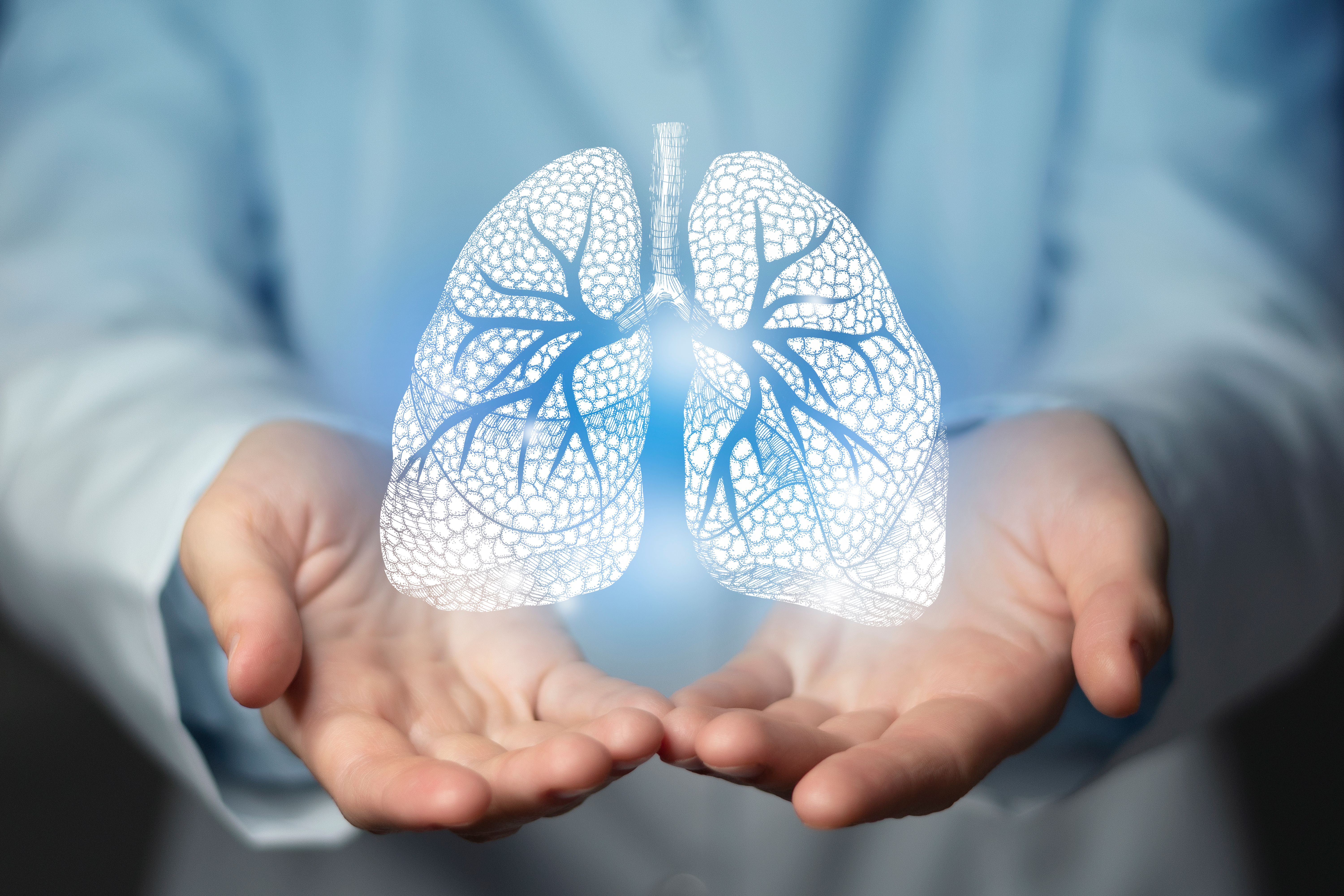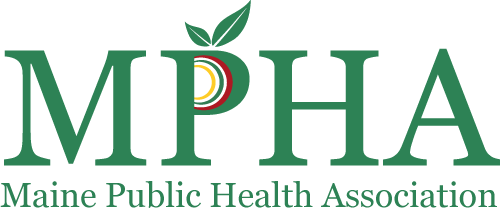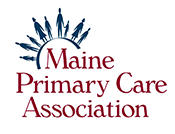
Respiratory Health
How can Community Health Workers effectively support individuals with respiratory conditions as air quality worsens and extreme weather events become more frequent?


Course Information
- Audience: All public health professionals, including community health workers, working in nonprofits, healthcare, educational institutions, government and private sector
- Format: Self-Paced
- Price: Free
- Length: 1 hour
- Credential(s) eligible for contact hours: N/A
- Competencies: Health Equity Skills, Public Health Science Skills, Leadership and Thinking Systems Skills
- Learning Level: Awareness
- Companion Trainings: None
- Supplemental materials:Presentation Slides
- Pre-requisites: None
About this course
Discover how worsening air quality impacts respiratory health and learn actionable strategies to support individuals in managing respiratory conditions. This interactive session will provide Community Health Workers with essential tools to reduce exposure to air pollutants and deliver effective care in challenging environments.
What you'll learn
After completing the training, you will be able to...
- Describe key strategies for community health workers to support individuals with respiratory conditions in areas impacted by worsening air quality and extreme weather.
- Identify practical skills and tools community health workers can use to address respiratory health emergencies, including effective communication techniques and protective measures.
- Discuss methods for collaborating with local healthcare providers and environmental agencies to deliver coordinated care during air quality crises.
- Develop individualized respiratory health management plans that consider individuals' unique needs and circumstances in rural and underserved communities.
Subject Matter Expert
 Maddie Blair, MPH
Maddie Blair, MPH
Manager | Nationwide Health Promotions,
American Lung Association
Enrollment and Contact Hours
Select the Enroll Me button below to register for this course. If you have any trouble accessing the recording, contact
support@nephtc.org.
Acknowledgement: This project is supported by the Health Resources and Services Administration (HRSA) of the U.S. Department of Health and Human Services (HHS) as part of award 2 UB6HP31685‐05‐00 “Public Health Training Centers.” The contents are those of the author(s) and do not necessarily represent the official views of, nor an endorsement, by HRSA, HHS or the U.S. Government.

